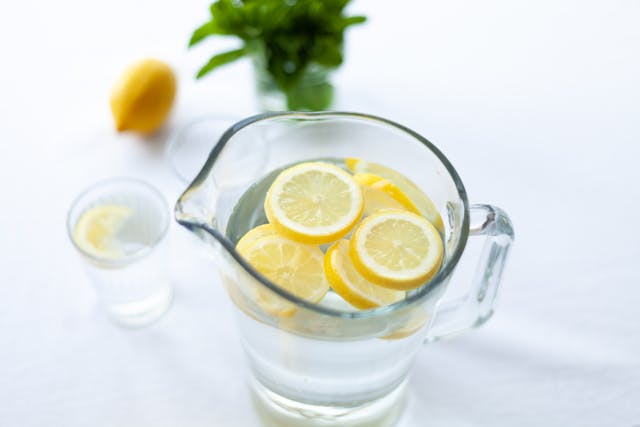Adequate water consumption is crucial for maintaining human health and overall well-being. However, the global rise in the intake of sugary drinks has contributed to a surge in health-related issues, including obesity, Type 2 diabetes, cardiovascular diseases, and tooth decay. In response to this growing problem, Virginia Tech researchers studied the comprehensiveness and clarity of healthy beverage guidelines in countries that have enacted sugary beverage tax policies between 2000 and 2023. They focused on understanding how well these national dietary guidelines encourage individuals to replace sugary drinks, like sodas, with healthier alternatives, such as water.
To aid governments in promoting healthier hydration practices, the Virginia Tech team developed an innovative tool that assigns a healthy hydration recommendation score. This score is based on clarity, justification, actionability, specificity, and visual content of the guidelines. Governments can use this tool to improve their public health messages, encouraging water consumption while discouraging sugary beverage intake. Drinking water instead of sugary drinks helps reduce the risk of obesity and other serious health problems, making it essential to reinforce clear, actionable hydration guidelines.
Nicole Leary, the lead researcher and a PhD candidate in the Department of Human Nutrition, Foods, and Exercise, emphasised the importance of aligning sugary beverage tax policies with national food-based dietary guidelines that promote water and other nutritious drinks, such as milk and 100 per cent fruit juice. “We examined how robust dietary guidelines could complement other strategies, such as policies, systems, and environmental changes, to help governments promote coherent policies and socially normalise water as the default healthy beverage,” said Leary. The study’s findings demonstrate that robust and clear hydration guidelines can be vital to global health improvement efforts.
The researchers recommend that governments take active steps to develop and promote healthy solid hydration guidelines to mitigate the risks associated with sugary beverage consumption. Among their additional recommendations are ensuring people drink at least eight glasses of water daily, limiting the intake of sugary drinks such as sodas, fruit-flavoured drinks, energy drinks, and sports drinks, and enacting taxes on sugar-sweetened beverages. Such taxes should be earmarked for health promotion programmes and media campaigns encouraging water consumption. They also advise limiting the intake of beverages containing artificial or zero-calorie sweeteners, which are often promoted as healthier alternatives.
This research, recently published in Nutrients and partly funded by Vivica Kraak’s USDA National Institute for Food and Agriculture Hatch Research Project, examined 93 countries implementing sugary beverage taxes by 2023. Of those, 58 countries had food-based dietary guidelines in place, and the researchers found that 48 of these countries had complementary messages that encouraged water consumption while discouraging sugary drinks. The study used a healthy hydration recommendation score of 0 to 12, factoring in message clarity, access, justification, actions, specificity, and visual content.
Countries like Bolivia, Peru, and Brunei scored the highest regarding hydration guidelines, while the United States received a moderate score of 7. The upcoming 2025 edition of the Dietary Guidelines for Americans and the USDA’s MyPlate initiative may strengthen the focus on water consumption across the lifespan, starting at birth and continuing through old age, to support healthy ageing. Associate professor and senior researcher Vivica Kraak stressed the importance of promoting water at every meal, noting that governments should ensure that national dietary guidelines align with sugary beverage tax policies. This research could have significant implications for organisations such as the Food and Agriculture Organization and the World Health Organization in supporting countries to develop culturally adapted, evidence-based dietary guidelines that encourage healthy hydration and normalising clean, safe, and free water as the default beverage.
More information: Nicole Leary et al, An Evaluation of Healthy Hydration Recommendations for 93 Countries with Sugary Beverage Tax Legislation Globally, 2000–2023, Nutrients. DOI: 10.3390/nu16142264
Journal information: Nutrients Provided by Virginia Tech








